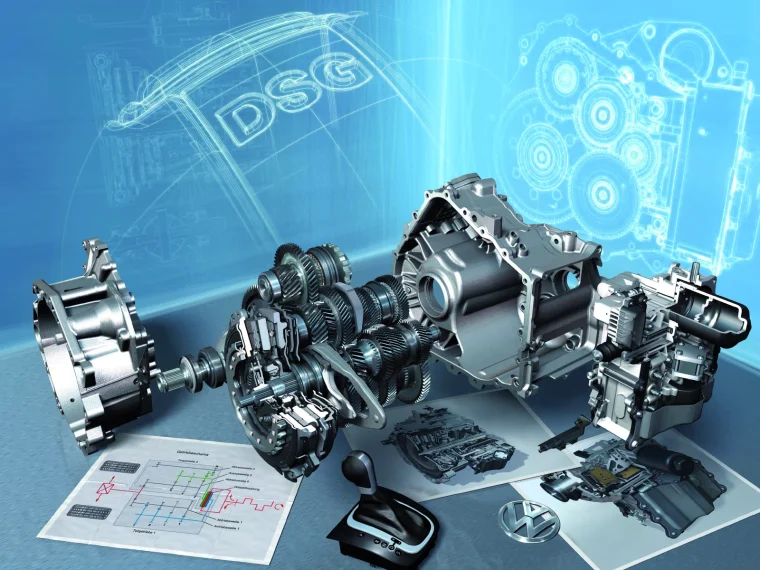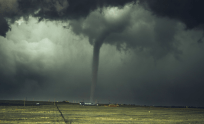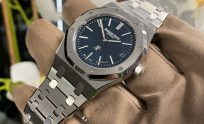They Break Too?! Engines and Transmissions from Famous Brands That Kept Failing
Volkswagen DSG

In 2002, Volkswagen set out to make dual-clutch automatic transmissions (DSG) mainstream. The idea was simple: develop an automated gearbox that could shift as fast as a manual transmission. While DSG improved performance and acceleration compared to traditional automatics, it soon became clear that reliability was a major issue—especially with the DQ200 version, which used dry clutches.
Early DSG gearboxes (pre-2011) suffered from failures in the mechatronic unit, shift fork bearings, and clutches. In many cases, breakdowns occurred before 100,000 km (62,000 miles). While newer versions of the DQ200 and wet-clutch DSG transmissions are more durable, they still require careful maintenance. DSG repairs have never been cheap, but over time, alternative repair solutions and factory rebuild kits have become available.
Unlike Ford with its Powershift issues, Volkswagen never faced billion-dollar fines over DSG failures. Most problems were addressed through software updates, and while recalls did occur, they primarily involved changing the transmission fluid. On modern DSG gearboxes, the most common issues now stem from harsh driving conditions, such as chip tuning and aggressive launches using both pedals.




